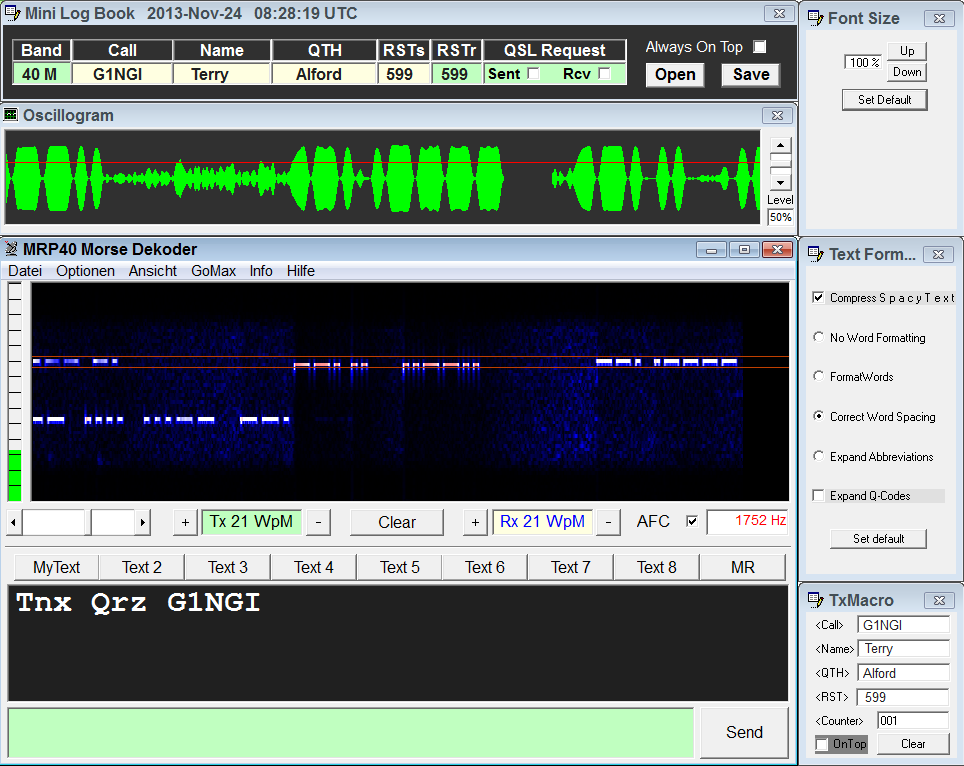

prints: this is a string MIME-compliant Base64 encoding It can be decoded using the regular Base64 decoder, like so: String inputString = "dGhpcyBpcyBhIHN0cmluZw" There are no special steps required for decoding the Base64-encoded string without padding.

Had we not used the withoutPadding() option, we would have got the string dGhpcyBpcyBhIHN0cmluZw= as the output. String base64String = Base64.getEncoder().withoutPadding().encodeToString(inputString.getBytes()) To convert a string to Base64 without padding characters, we can use the withoutPadding() method of the Base64.Encoder class, as shown below: String inputString = "this is a string" However, the padding is optional and even when a Base64-encoded string does not have padding, it can be successfully decoded. This behavior is to achieve technical compliance with the Base64 specification. When a string is converted to Base64, the padding character = is added to make the length of the output string divisible by 3. prints: hello world~ Removing padding characters from Base64 strings String decodedString = new String(Base64.getUrlDecoder().decode(inputString)) Similarly, we can fetch the URL-safe decoder using Base64.getUrlDecoder() method, and we can convert a Base64-encoded string using the decode() method like so: String inputString = "aGVsbG8gd29ybGR-" String base64String = Base64.getUrlEncoder().encodeToString(inputString.getBytes()) Then, we can convert our input string to Base64 using the encodeToString() method: String inputString = "hello world~" We can fetch the URL-safe encoder using Base64.getUrlEncoder(). Java supports a URL/filename-safe Base64 encoding scheme, where the + and / characters are replaced with - and _ characters to prevent such conflicts. For example, in the context of a filename, a string such as AB/CD implies there's a folder named AB in which there's a file named CD. However, these characters carry special meaning when used in the context of a filename or an URL. prints: hello world~ URL-safe Base64 encodingīase64 strings make use of the symbols +, /. String decodedString = new String(Base64.getDecoder().decode(inputString)) Just as before, we can perform the conversion within a single expression: String inputString = "aGVsbG8gd29ybGR+"

String decodedString = new String(base64DecodedBytes) String inputString = "aGVsbG8gd29ybGR+" īyte base64DecodedBytes = Base64.getDecoder().decode(inputString)

This gives us a byte array, which can be converted to a string. To decode a Base64-encoded string, we use Base64.getDecoder() to fetch an object of the Base64.Decoder class, and pass the input string to its decode() method. prints: aGVsbG8gd29ybGR+ Decoding data from Base64 String base64String = Base64.getEncoder().encodeToString(inputString.getBytes()) We can also perform the entire conversion within a single expression, as shown below: String inputString = "hello world~" String base64String = Base64.getEncoder().encodeToString(inputStringBytes) Then, we fetch an object of the Base64.Encoder class using Base64.getEncoder(), and pass the byte array to the encodeToString() method: String inputString = "hello world~" īyte inputStringBytes = inputString.getBytes() To encode a string into Base64, first, we convert the string into a byte array. Java 8 provides a Base64 class in the java.util package which can be used to encode strings into Base64, and decode Base64 strings into normal strings. Base64 encoding is used when there is a need to store or transmit binary data over a system that only supports text data, without losing or corrupting said data. Base64 is a binary-to-text encoding scheme that takes raw input bytes and encodes it in a radix-64 representation, using the characters A-Z, a-z, 0-9, and the symbols +, / and =.


 0 kommentar(er)
0 kommentar(er)
